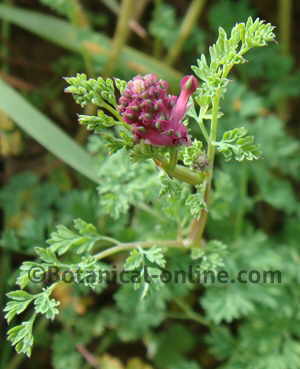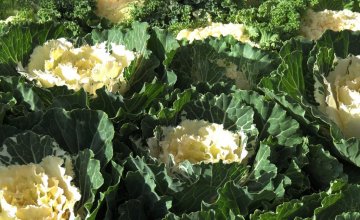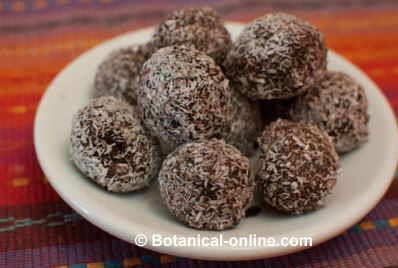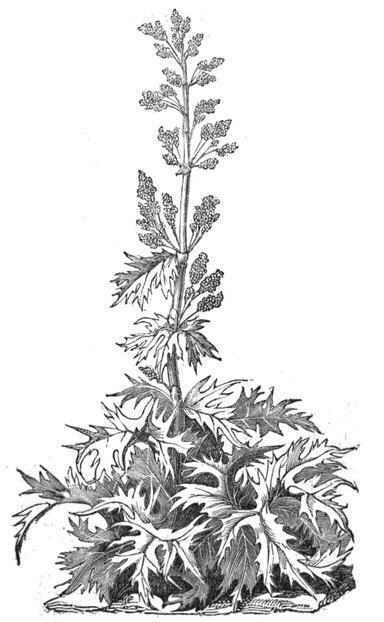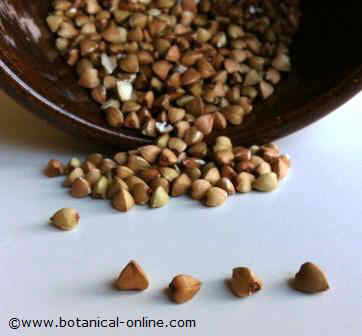Contents
MEDICINAL PROPERTIES OF MULBERRY
INTERNAL USE PREPARATIONS WITH MULBERRY
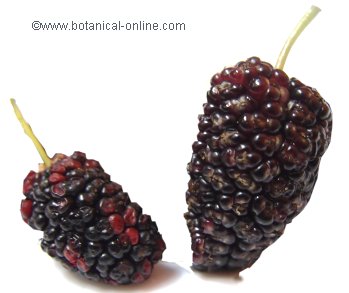 Detail of the fruits of the black mulberry tree, the mulberries |
Mulberry as a medicinal plant
Black mulberry (Morus nigra) is native to the East, where it has a long history as a medicinal plant. Usually white mulberry (Morus alba) is used, but the species M. nigra has the same properties, and its fruits are sweeter.
Dioscorides said of mulberry: “Its fruit relaxes the belly, it becomes corrupt easily and is contrary to the stomach. So does the juice squeezed from it, which, cooked in a copper vessel, is more constrictive, and, if mixed with a little honey, is useful for colds, sores and inflammations”
All parts of the plant are used in one way or another in traditional medicine:
– Affections of the mouth: Galen considered mulberries as a medicine for the mouth, since the juice of them, sweet and slightly acid, is astringent, anti-inflammatory and antiseptic.
It is used for inflammations of the mouth and throat, being very effective for the pain of teeth, bleeding gums, gingivitis, sore throat, and for ulcers or canker sores in the mouth.
How to prepare mulberry syrup
A mulberry syrup is prepared, sweet and slightly acid, called mulberrry jam or mulberry honey: A recipe, described by Font i Quer (early twentieth century)
Mulberry syrup recipe |
| Ingredients:-1 liter of mulberry juice – 2 liters of honey Preparation: – Mix 1 liter of blackberry juice with 2 liters of honey – Cook over low heat until it gets a syrup consistency. – Strain it How to take it: It is taken cold by means of gargling. |
The strong astringency of this syrup is due to phenolic compounds. These possess properties to coagulate the proteins of the skin, forming a dry layer in the mucosa that protects it of external agents and disinfects (by coagulation of the bacterial proteins). Astringency is noted for producing a rough sensation in the mouth due to dryness.
Gargling with this syrup helps relieve sore throat, stop bleeding gums, fight infections and help deflate tonsillitis.
There is another remedy against toothache consisting of boiling 50 g. of dry leaves in half a liter of vinegar, let cool and make rinses.
Remedies with mulberry syrup
– Respiratory diseases: It has been reported that mulberry may be beneficial in the treatment of different respiratory conditions, such as infections of the airways or chronic inflammations, due to its antibacterial, anti-inflammatory and expectorant properties. Effective in the treatment of colds, bronchitis, asthma and cough. The syrup of mulberries is also refreshing and is described as febrifuge, to relieve fever.
– Diarrhea: Because of its astringent action, mulberry syrup is a historical remedy against dysentery and diarrhea. Astringency (given by phenolic compounds) contracts tissues and dries secretions, properties that are effective in stopping diarrhea and gastroenteritis, contributing to the body can perform drier depositions.
Other remedies with mulberry
– Intestinal parasites: The bark of the tree is purgative and vermifuge, and in the times of Dioscorides, they used the cooking of 1 tablespoon of dry bark in a liter of water, taken in an empty stomach, to expel tapeworms. In different ancient treatises, mulberry bark is recommended to expel intestinal worms.
– Antioxidant: Mulberries and their juice are very rich in natural antioxidants, among them vitamin C, anthocyanins and other flavonoids such as quercetin. Antioxidants help prevent oxidation of fats, prevent atherosclerosis and help improve heart health.
– Dermatitis: For its emollient, anti-inflammatory properties, drinking juice is recommended in the treatment of dermatitis, eczemas and rashes.
– Eyes diseases: Because of its content in anthocyanins, which protect the capillaries of the retina, mulberry plays a protective role of sight. Foods with anthocyanins such as mulberries are recommended for people with tired eyesight, who spend many hours in front of the screen, conjunctivitis or glaucoma.
– Diabetes: Because of its antioxidant properties, the extract has been shown to reduce glycosylated hemoglobin and cholesterol levels.
EXTERNAL USE REMEDIES WITH MULBERRY
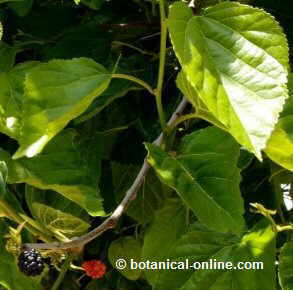 Photo of leaves and fruits of mulberry Photo of leaves and fruits of mulberry |
– Burns: Dioscorides explains a remedy against burns: some mulberry leaves crushed in oil, and applied on the burn.
– Healing of wounds: For its hemostatic properties to stop the bleeding, the juice of mulberries can be used in case of wounds.
– Skin spots: Scientific studies have discovered that the components present in leaves and roots (oxyresveratrol and O-β-D-glucopyranoside), have a tyrosinase inhibitory activity. Tyrosinase is an enzyme that favors the appearance of blemishes on the skin.
One of the substances most used to slow the action of tyrosinase is kojic acid, present in cosmetic products.
A study shows that mulberry components are even more effective than kojic acid, this may be a principle for further research into the possible cosmetic uses of morale.
– Gray hair: In ancient times mulberries were used to dye the hair and premature gray hairs.
![]() More information on mulberry and other berries.
More information on mulberry and other berries.


